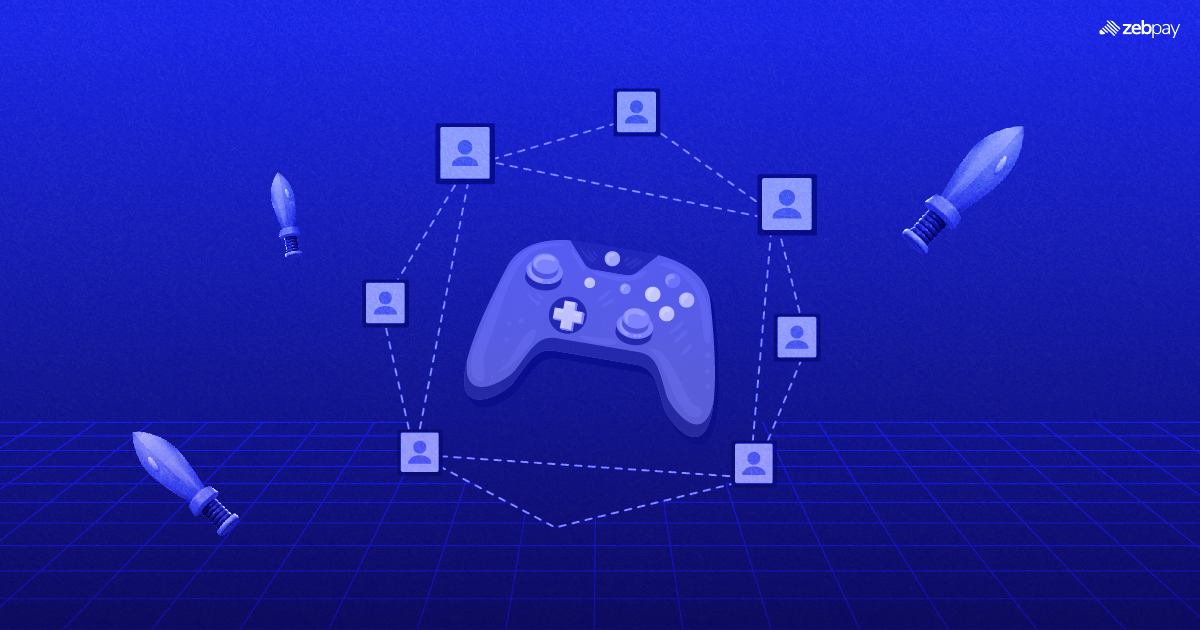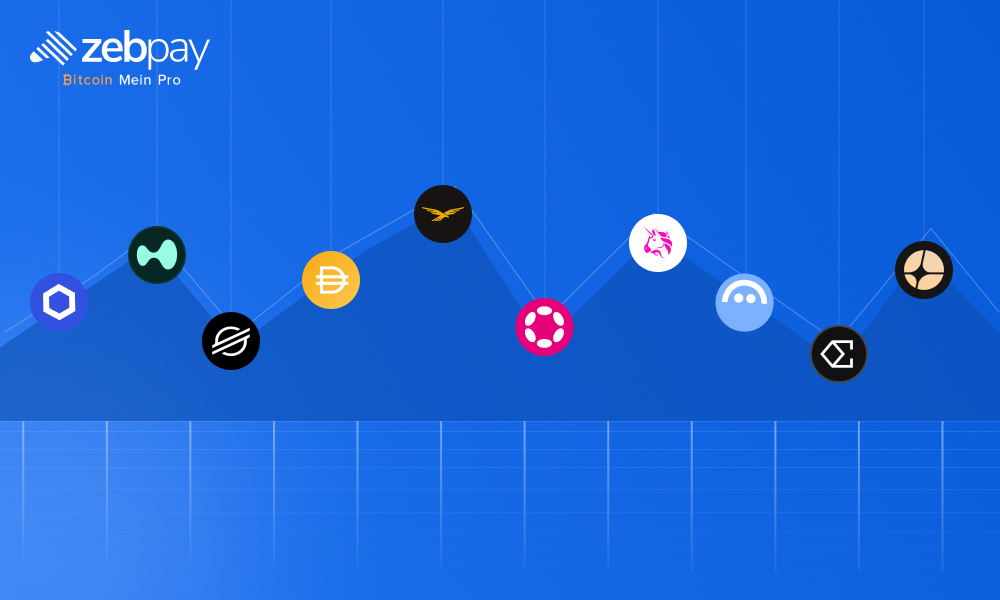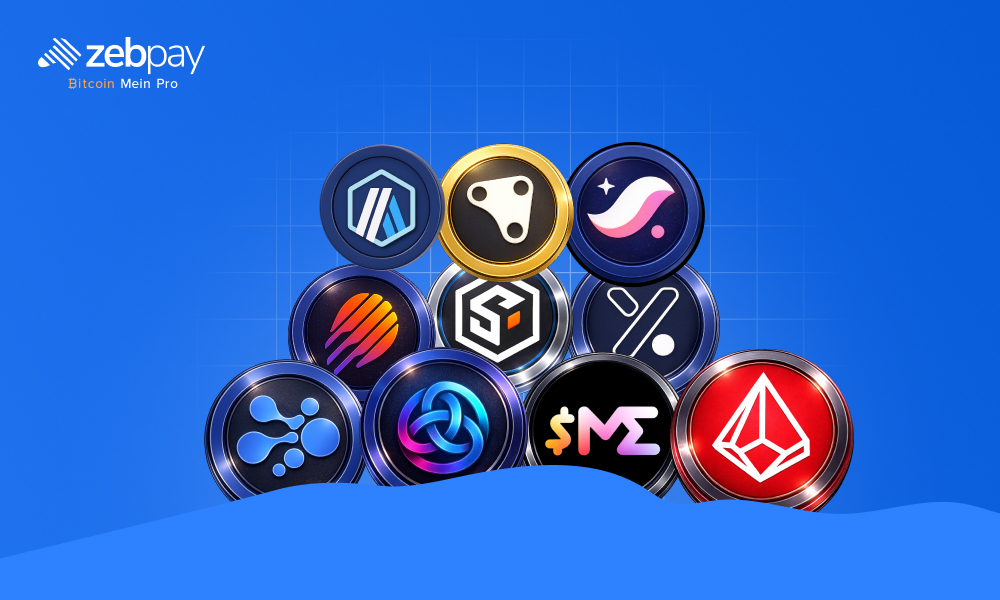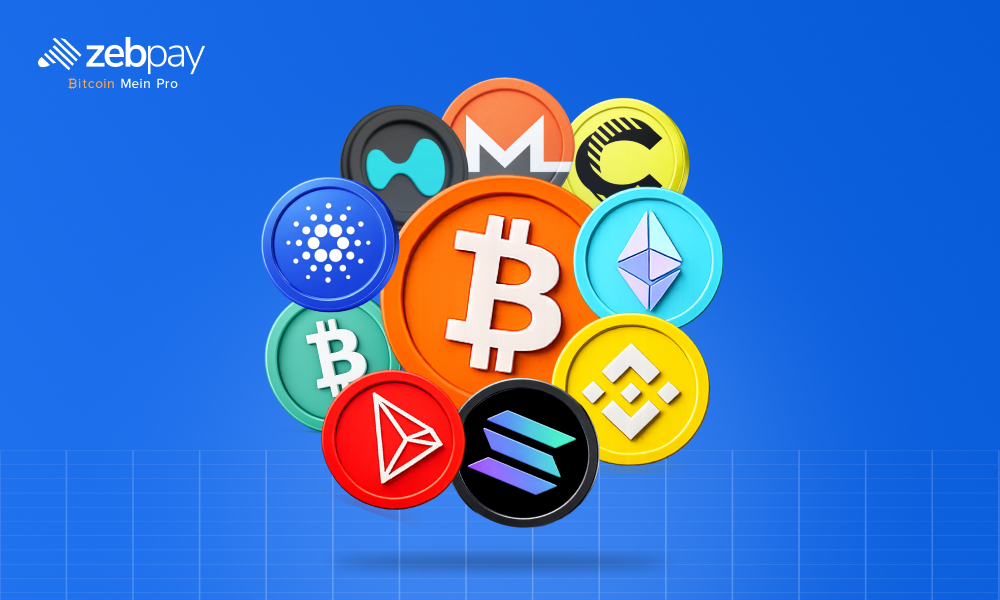Traditional games are digital or physical games created and managed by a centralized authority. These games have been around for a long time and include popular titles like Candy Crush, Mario Bros., and Call of Duty. Players have no ownership over their in-game assets as they are owned by the gaming corporation.
Web3 games, on the other hand, are digital games built on blockchain technology and run on a decentralized network. Players own their in-game assets as non-fungible tokens (NFTs) that are stored on the blockchain. This feature enables players to trade and sell their gaming assets for real-world currency, creating a new market for in-game assets. Web3 games are decentralized, which means they are not dependent on a central authority and operate over a distributed network. These new-age games give players a more transparent and fair gaming experience while enhancing the security of in-game assets.
DAOs are reshaping the gaming industry by empowering players who have direct influence over game development. They can be utilized for funding game development and managing in-game economies. They can also enforce fair play and resolve disputes via trustless Smart contracts. DAOs have the potential to transform the gaming industry. Let us examine some of the vital aspects of DAOs that can help the gaming industry.
Understanding Decentralized Autonomous Organizations (DAOs)
Decentralized Autonomous Organizations, or DAOs, operate autonomously through smart contracts without intermediaries. They are more transparent, efficient, and robust than traditional organizations since decisions are made collaboratively by their members. They are decentralized, allowing them to operate independently.
DAOs enforce laws and regulations by employing Smart contracts. DAO token holders possess ownership and voting rights and control the organization using a consensus method that allows for democratic decision-making. Some of its key benefits include:
- Transparency: All transactions and decisions are recorded transparently and tamper-proof since DAOs run on a public blockchain. This feature ensures that all users can easily access and verify the data.
- Efficiency: DAOs can speed up decision-making by automating tasks using Smart contracts, eliminating the need for intermediaries, and reducing human error.
- Inclusivity: DAOs allow anyone with an internet connection, regardless of location or background, to participate in their activities. This feature creates new avenues for collaboration and innovation.
DAOs also have some challenges to overcome for their broader adoption in the gaming industry, some of which include:
- Jurisdiction: DAOs operate on a global level, making it challenging to establish which jurisdiction should govern them. This issue can make it hard to enforce Smart contracts and resolve disputes.
- Regulations: DAOs remain unregulated, which might cause uncertainty for their members and investors.
Gaming and NFTs: A Game-Changing Synergy
The emergence of NFTs has transformed how we perceive, own, and interact with digital assets. The development of NFTs heralds a new age in digital ownership and opens up new opportunities for artists and collectors alike.
Historically, digital asset ownership has been difficult to track since there may be multiple claims of ownership. NFTs can address this issue since they are decentralized and immutable, which means they cannot be reproduced or forged. You can prove you own anything (a song or a video) and that you were the first to own it. It can also show the history of the purchase to settle ownership disputes.
One of the primary benefits of NFTs in gaming is that they provide gamers with complete ownership and control over their digital assets. In contrast, traditional gaming items are tied to a platform. NFTs are stored on the blockchain and can be moved, sold, or traded across several gaming platforms. Players can truly own their in-game assets and confirm their authenticity.
Advantages of DAO Integration in Gaming
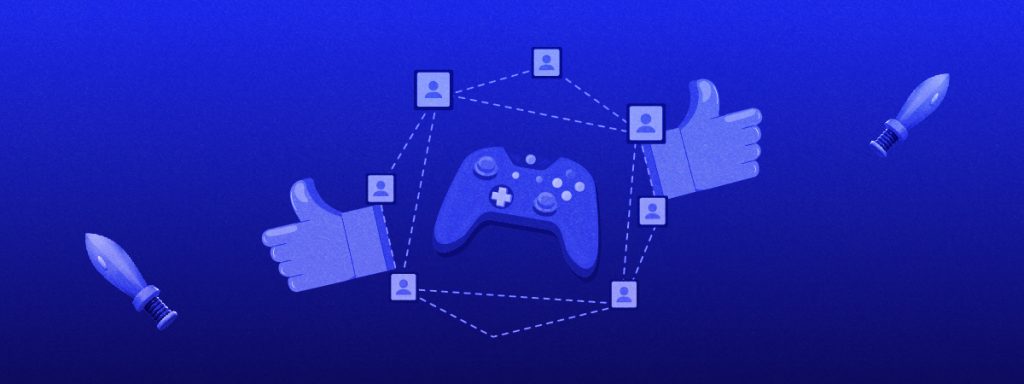
Game Governance
Players can directly influence game development, regulations, and even funding allocations through various voting mechanisms in DAOs. This level of community participation is missing in the traditional gaming environment. DAOs promote ownership, engagement, and inclusivity in the gaming experience. DAO governance enables players to build the game fairly and democratically.
Trust and Transparency
DAOs take advantage of the transparency and immutability features of blockchains to provide high levels of trust and accountability in the gaming sector. Smart contracts ensure the transparency of gaming decisions, voting outcomes, and resource allocations. This feature promotes trust among various stakeholders and creates a more open and equitable gaming ecosystem.
Community-driven Development
DAOs enable community-driven game development, involving anything from developing new features and gameplay to the creation of characters, graphics, and music. Players can propose new ideas and provide feedback on the various stages of game creation. This collaborative approach can lead to more immersive and player-centric game experiences.
Funding and Sustainability through DAOs
Carbon offsetting is a method of mitigating an individual’s or company’s greenhouse gas emissions by investing in projects that reduce carbon levels in the environment. A DAO can be used to collect and manage funds collected from individuals who want to offset their carbon footprint. These funds can be allocated to carbon-offsetting projects such as reforestation or other clean energy projects. A community vote can decide which initiatives to sponsor, ensuring that funds are directed toward the most sustainable projects.
Read more: What is Crypto Gaming
DAO-Operated Gaming Economies
DAOs have several advantages over traditional arrangements, making them ideal for establishing a gaming community. They can play a crucial role in Web3 gaming, bringing numerous benefits and opportunities to the gaming industry.
In traditional games, crucial decisions are taken by the developer. Web3 gaming allows players to influence change through community governance. Gaming DAOs empower their stakeholders by giving them a direct say in influencing their future.
Gaming DAOs operate as open-source gaming platforms and are not dependent on central game administrators. They are powering the play-to-earn gaming sector. These Web3 games reward players for their involvement and success. Traditional gaming models offer only a one-sided exchange of value to central game administrators.
DAO-Gaming Partnerships and Innovations
Several Web3 games are using DAOs to create new and immersive gaming experiences; some include:
Axie Infinity
Axie Infinity is a Web3 game in which NFTs represent collectable creatures known as Axies. Gamers can breed, battle, and sell their Axies, and they own them as they are stored on blockchains. A DAO is used to regulate and manage the game’s development and upgrades. Members can vote on suggestions to improve the game and receive governance tokens for their efforts.
Read more: What is Axie Infinity (AXS)
Decentraland
Decentraland is another exciting Web3 game where users can own and customize virtual real estate. NFTs represent the virtual land, and users can use them to create games and experiences for others. This game also employs a DAO, and members can vote on proposals to improve the game and obtain governance tokens in exchange for their participation.
Read more: What is Decentraland (MANA)
The Future of Gaming Through DAOs
Some challenges can obstruct the adoption of DAOs in gaming, such as their dependency on blockchain, which can lead to 51% crypto attacks. Another challenge is that DAO governance depends on token ownership, and a group can accumulate significant shares of tokens to gain higher voting power. The accumulation of power in the hands of a few can lead to various issues in the organization.
One of the most significant advantages of Web3 gaming with DAOs and NFTs is digital asset ownership. Players genuinely own their in-game assets, as they are stored on blockchains. Players can trade their gaming assets for other items, sell them, or use them in other games. Blockchain technology is poised to transform the future of gaming. DAOs can help create a gaming ecosystem with easy accessibility, fewer entry barriers, and deeper ties between gamers, studios, and participants.
Read more: How Polkadot Is Shaping the Future of Gaming
To stay up to date with the latest crypto news, visit ZebPay blogs. Click on the button below to trade on ZebPay.

